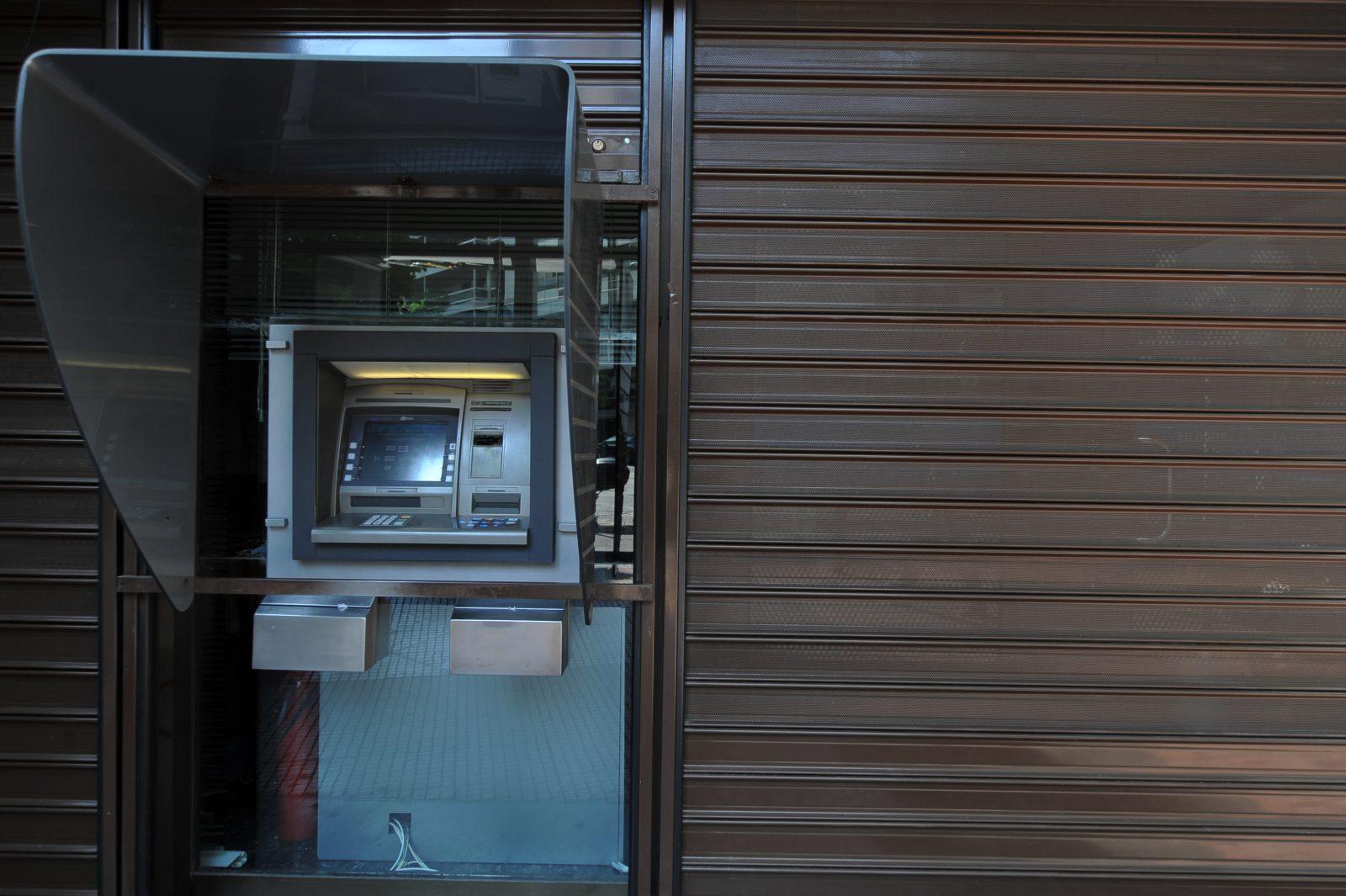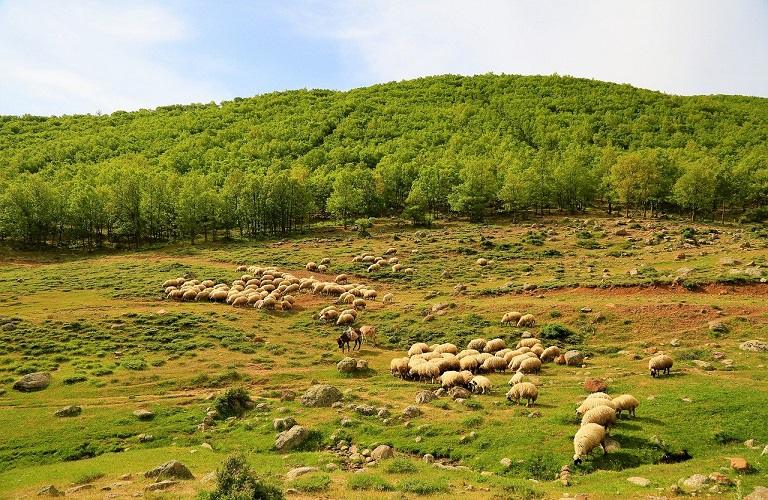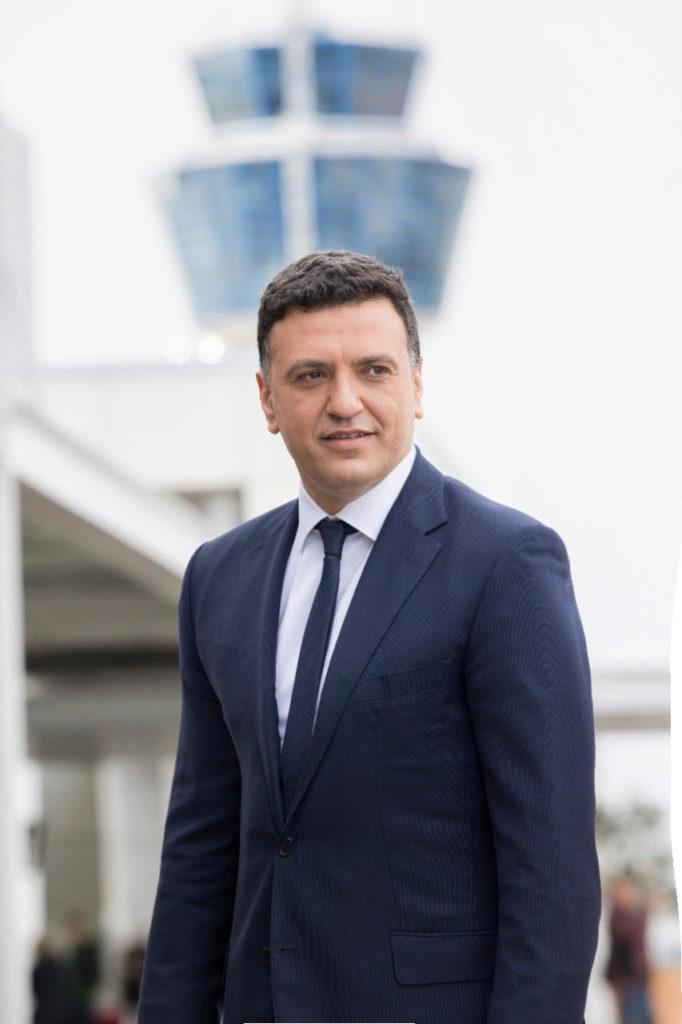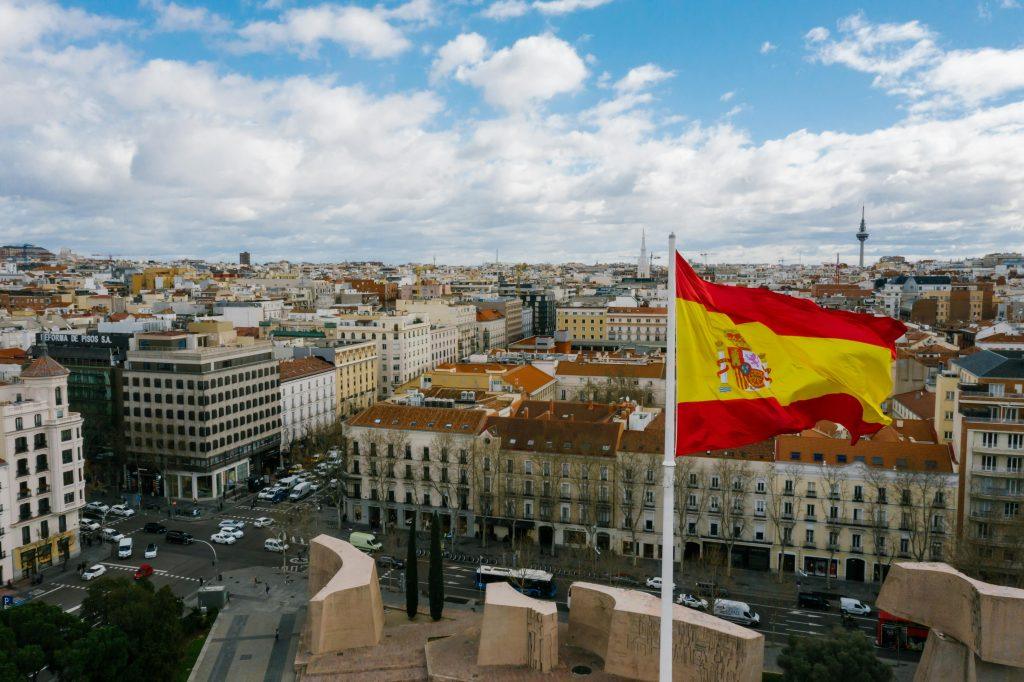The figures from the University of Groningen after relevant research and with data from Eurostat are impressive and prove that Greece has the highest average working hours per year with 2,036!
Greece is followed by Poland and Russia with 2,023 and 1,965 on average.
Registered unemployment in Greece down 4.6% in July 2023, compared to same month in 2022
On the map we can see the total average working hours per year. The Netherlands, Norway, Denmark, Germany and Switzerland have the lowest average working hours. The proportion of part-time workers is one of the main reasons for this, especially in the Netherlands and Switzerland.
By contrast, workers in Greece, Poland and Russia have by far the most annual hours of work, according to data from economic experts such as Robert C. Feenstra or Robert Inklaar.
Spain is in the middle, with 1,686 hours of work per year on average, in line with the UK (1,668), slightly more than France (1,505) and Germany (1,386) and fewer hours than Italy (1,718 hours) or Portugal (1,865).
Greece has the highest average working hours, followed by Poland and Russia with 2,023 and 1,965 hours respectively.
In this map we can see the total average working hours per year. This gives us a better picture of working hours when paid leave is taken into account.
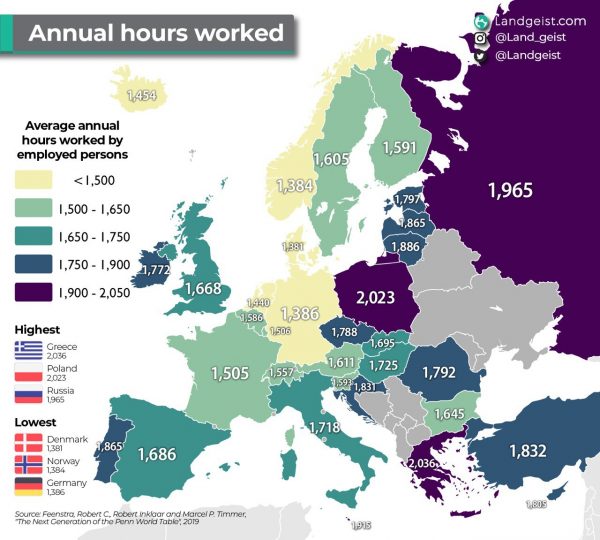
Average working hours in Europe
Even so, the number of hours worked does not necessarily mean higher financial performance. Workers in countries such as Denmark, Switzerland and Norway produce much higher GDP per hour of work.
Working longer hours does not correlate with more production. Russian workers rank third in Europe in terms of annual average hours worked, but they are also the second least productive workers in Europe in terms of their GDP per hour worked.
Greece is also at the top of the countries for how many hours Europeans work on average per week with 47-51 hours in the 20-64 age group.
As we can see in this ranking as well, the Dutch work much less than any other country, where the average working week is 30 to 33 hours. Switzerland, Norway, Denmark and parts of Germany and Italy also have a relatively short work week of 33 to 36 hours.
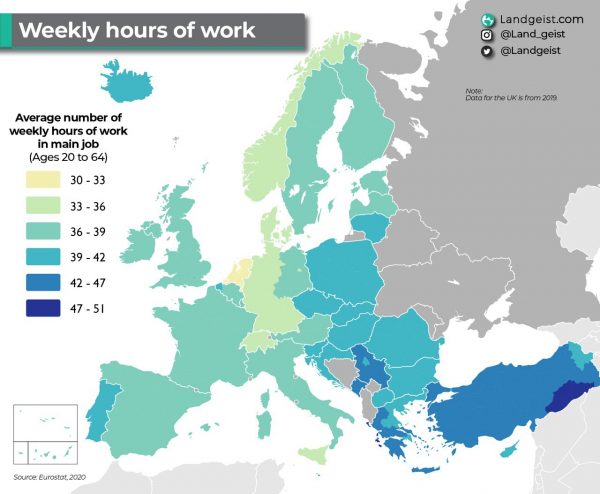
Average hours worked per week.
Why is this number so lower in the Netherlands than in other countries?
Well, there is a very clear explanation for this: part-time jobs. Nowhere in Europe are there more part-time jobs than in the Netherlands. 47.6% of workers in the Netherlands work part-time.
In Switzerland this is 39.4% and in Austria 23.9%. In Scandinavia and Germany it is between 20 and 25%. In the rest of Europe this is below 20% or even below 10%. Most of these part-time workers in the Netherlands are women.
When looking at these numbers of people working part-time, there seems to be a correlation with the average number of hours worked. Eurostat’s figures for people working part-time do not just cover their main job.
The statistics on this map only focus on people’s primary occupation. This means that a lower number of average hours worked could also be caused by people working multiple jobs.
The longest average working week is found mainly in Eastern Europe, but especially in Serbia, Greece, Montenegro and Turkey. Most people work more than 42 hours a week!
We can also see some very interesting regional differences.
The first one that stands out is Germany. We can see a very clear difference between West and East Germany, with East Germany working longer hours than West Germany. Another is West Flanders in Belgium, where people work a bit longer than the rest of the country. In London, people also work longer than in the rest of the country, although this, for the English, is probably not surprising.
In Serbia, we can see the opposite. In Belgrade, people actually work less than the rest of the country.
Sicily is also an interesting place that stands out, working fewer weeks than the rest of Italy.




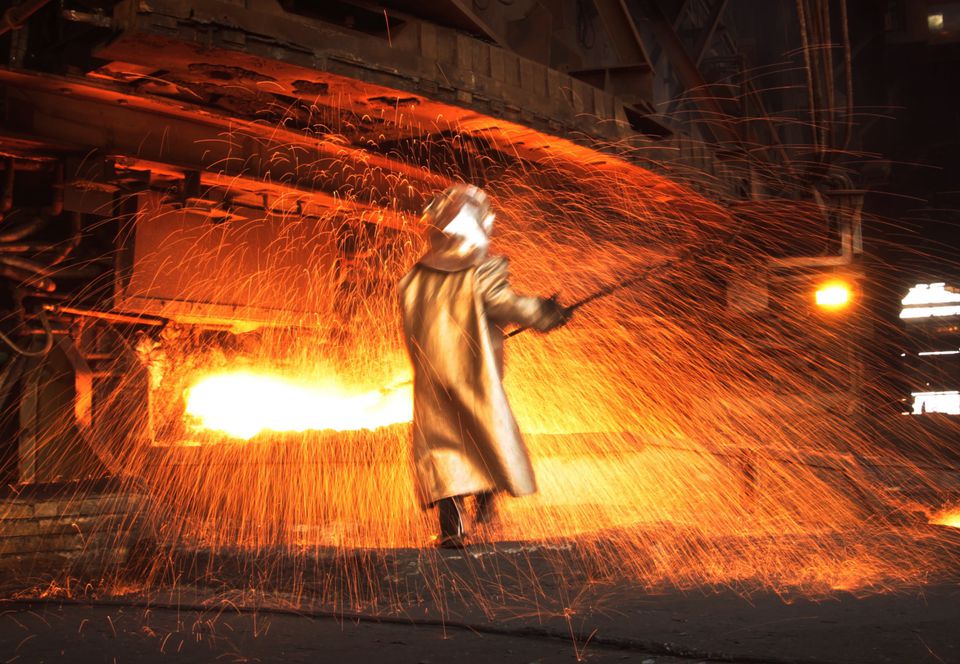



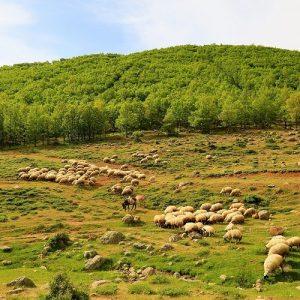


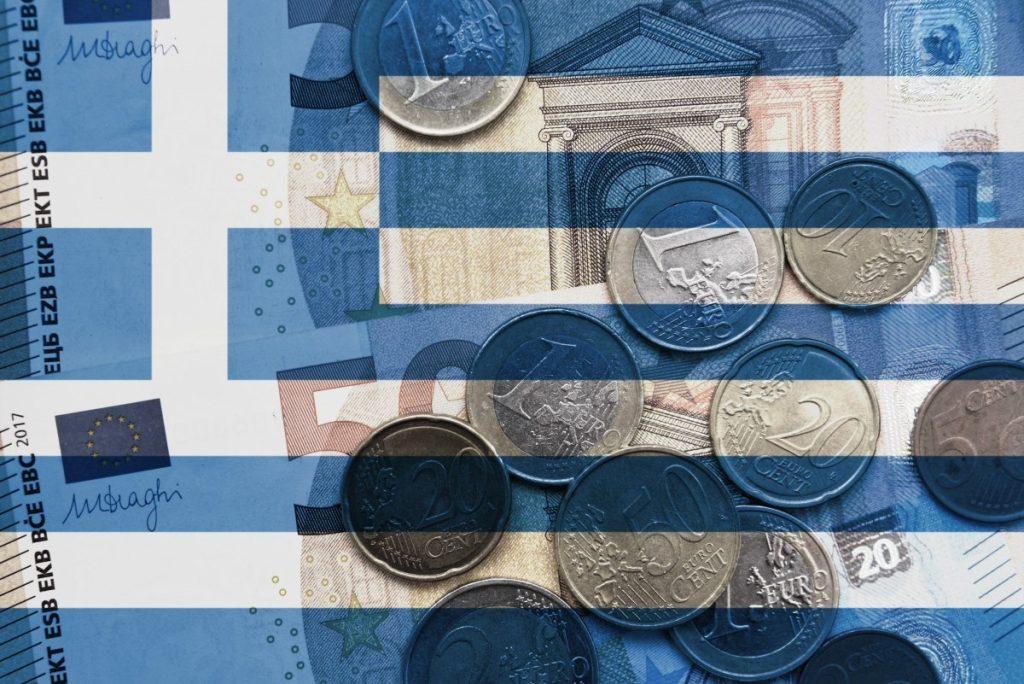





![Ελαιόλαδο: Ανάκαμψη στην παραγωγή, πίεση στην κατανάλωση – Τι αλλάζει έως το 2035 [γραφήματα]](https://www.ot.gr/wp-content/uploads/2025/07/elaiolado.2023-1.jpg)






